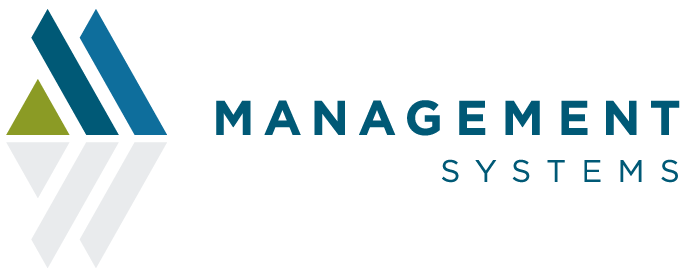Management and Leadership Development
At Management Systems, we define effectiveness in the management (or leadership role) as the ability to successfully influence people on your team to achieve results in the most effective and efficient manner. Based on extensive work with managers and organizations over more than thirty-five years, we have developed a three factor framework that explains management/leadership effectiveness. These three factors are:
- Role Concept – how the individual thinks about and approaches his or her role; and how the individual allocates and invests his or her time.
- Management/Leadership Skills – the extent to which the individual has developed the appropriate management/leadership skills (e.g., delegation, decision-making, planning, etc.).
- The Inner Game of Management – the individual’s “mindset” which, in turn, involves, effectively managing one’s need for control, source of self-esteem, and need to be liked.
Each of these three factors accounts for about one third of management/leadership success. Therefore, to maximize success, each of these three factors needs to be managed in a manner consistent with the level of management/leadership occupied: CEO, Senior Management, Middle Management, or First or Front Line Supervisor.
We have also developed a framework – the Pyramid of Management and Leadership Development – that identifies the key skills required at each level of management and leadership – from First Line Supervisor to CEO. The foundation of this Pyramid is Role Concept (which means that a first step in successful skill development is to have a clear understanding of and a willingness to embrace one’s role as a manager/leader). As an individual moves from one level of management/leadership to the next, he or she needs to develop successively higher levels of skills (as defined in the Pyramid). This means that someone in the CEO or a COO role should be able to effectively use ALL of the skills in the Pyramid.
It should be noted that MBA and most leadership/development programs only focus on one of the key factors that determine leadership/management success – management/leadership skills. This means that traditional business education programs only focus on one-third of the factors required for success.
